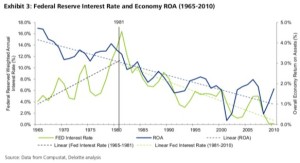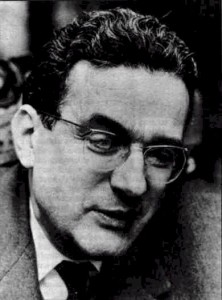 Recently a 45 page report written by Heiner Flassbeck and Costas Lapavitsas was issued by Rosa Luxemburg Stiftung, “The systemic crisis of the euro – true causes and effective therapies”1. They later popularised their report in a Guardian article2. The main conclusion of their argument is that the left needs to increase its Euroscepticism.
Recently a 45 page report written by Heiner Flassbeck and Costas Lapavitsas was issued by Rosa Luxemburg Stiftung, “The systemic crisis of the euro – true causes and effective therapies”1. They later popularised their report in a Guardian article2. The main conclusion of their argument is that the left needs to increase its Euroscepticism.
Ironically, Euroscepticism, and especially Euro-zone scepticism is a position broadly held by section of the left, and perhaps most of the far left. To be against the Euro has become a mark of just how left-wing you are.
We will argue that this orientation is unfortunate in that it is strategically a poor choice for the left and that it is not more left wing, but actually helps to bolster tendencies that are not progressive, including methodological nationalism. The commanding heights are no longer to be found at the level of the historic nation states and a retreat to them is pointless.
Continue reading





















